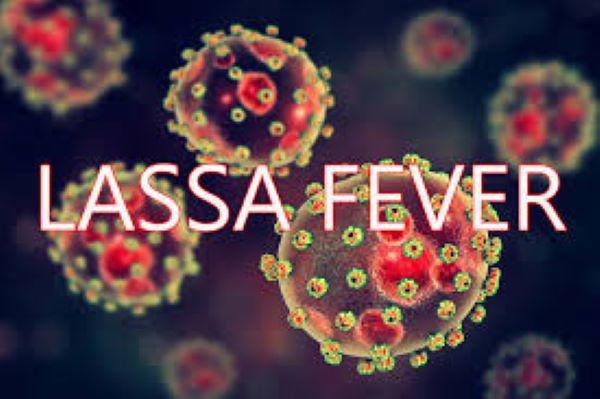The Executive Director of the International Centre of Excellence (IRCE), Prof. Alash’le Abimiku, says new research showing similarities among Lassa fever virus strains across Nigeria offers hope for a single vaccine that could protect the entire West African sub-region.
Abimiku, who spoke in Abuja ahead of the Institute of Human Virology Nigeria’s (IHVN) 3rd Annual Scientific Symposium beginning Monday, said the finding is a major step towards overcoming one of the region’s most persistent health threats. The symposium has the theme: “Combating Viral Threats through Public Health Response and Research.”
“One of the first studies we did was to understand how Lassa strains are changing. We also studied the rodents that transmit the virus in states like Bauchi and Edo. Although the virus shows minor mutations, our results indicate the strains across Nigeria are very similar,” she explained.
According to her, this uniformity is significant because “if you make one vaccine, it can cut across.”
Lassa fever, an acute viral haemorrhagic illness, is endemic in Nigeria and several West African countries. It is spread mainly through food or household items contaminated with the urine or faeces of infected rats. Symptoms often include fever, weakness, chest pain, nausea, and, in severe cases, bleeding.
The Nigeria Centre for Disease Control and Prevention (NCDC) reports that the disease claims up to 15–20 per cent of hospitalised cases annually. As of week 34 of 2025, Nigeria has recorded 857 confirmed cases and 160 deaths across 21 states—an 18.7 per cent fatality rate, higher than last year’s 17.1 per cent. Ondo, Bauchi, Edo, Taraba, and Ebonyi account for 90 per cent of infections, with young adults aged 21–30 years most affected.
Abimiku said Nigeria’s findings would play a crucial role in shaping ongoing vaccine trials in countries such as Liberia and Senegal. “Once a safe and effective vaccine is developed, it could be a game-changer in reducing the toll of Lassa fever in Nigeria and the sub-region,” she stressed.
On HIV/AIDS, she acknowledged that research had slowed following the suspension of U.S. government funding but noted that IHVN was pushing for more domestic and international support to sustain its work.


